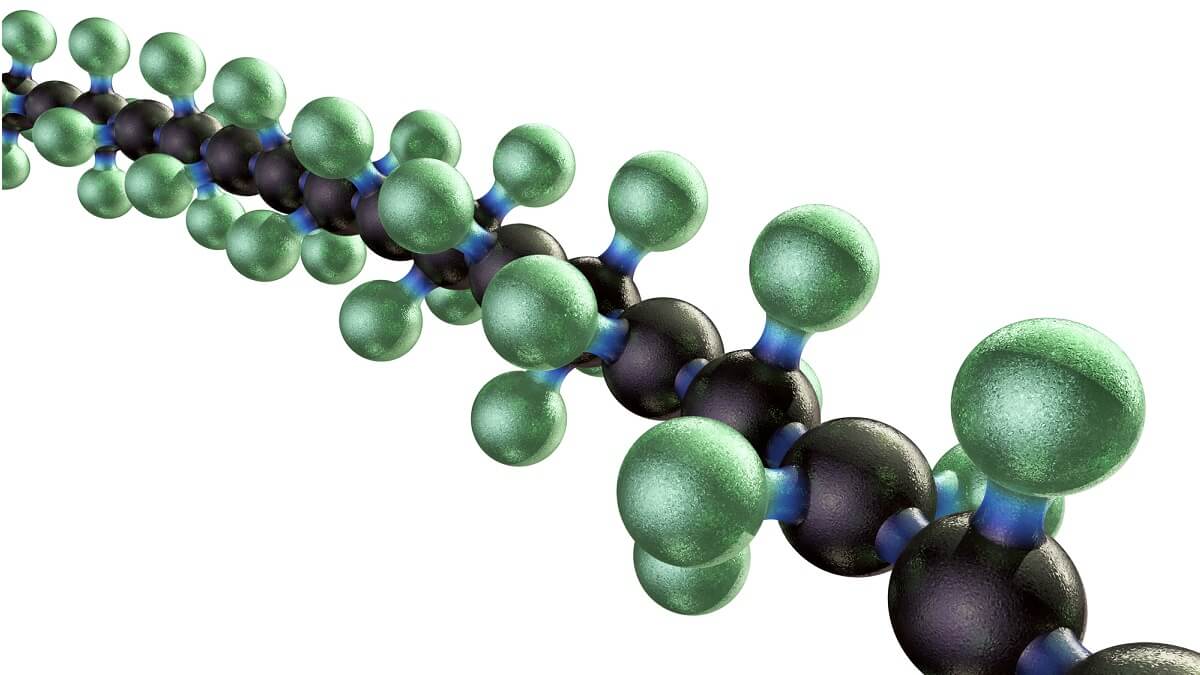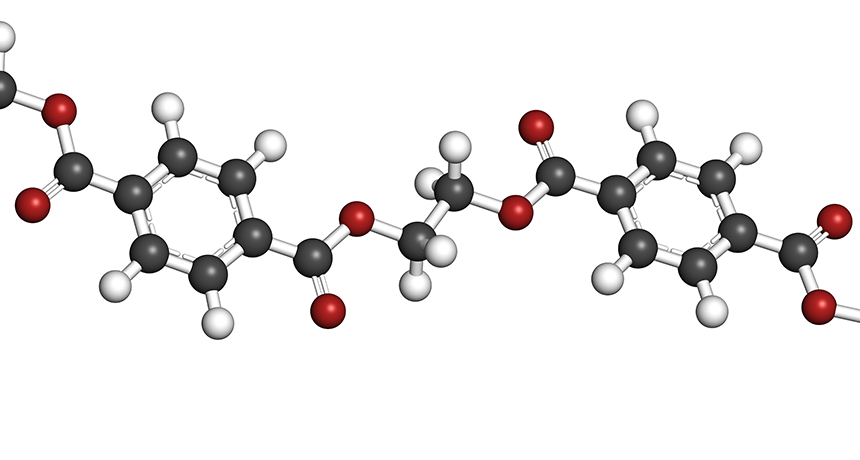Leading Uses Polymers: Enhancing Everyday Products
Leading Uses Polymers: Enhancing Everyday Products
Blog Article
Checking Out the Varied Applications and Benefits of Polymers in Different Industries
Polymers, with their varied variety of buildings and functionalities, have become important in numerous sectors, each gaining unique gain from their application. Polymers. From enhancing safety and efficiency in the automotive sector to transforming medical devices in the medical care sector, polymers play a crucial function. Their eco-friendly nature is modifying the landscape of sustainability techniques. As we dig into the depths of polymers in electronic devices, we reveal sophisticated innovations, while their architectural honesty transforms the realm of construction and framework. The pervasive influence of polymers throughout sectors is a testimony to their convenience and versatility, shaping the future of plenty of fields.
Automotive Market Applications
Polymers play an essential role in improving the efficiency and longevity of different components within the auto industry. These functional materials are thoroughly made use of in the manufacturing of different components, varying from interior elements to under-the-hood applications. One noticeable use of polymers in the vehicle sector remains in the production of light-weight parts. By replacing standard steel parts with polymer-based options, cars can accomplish improved fuel performance without compromising on stamina or security.

Health Care Sector Benefits
In numerous healthcare applications, the advantages of utilizing polymers are commonly acknowledged for their varied series of beneficial homes. Polymers play an essential role in the healthcare industry due to their flexibility, biocompatibility, and cost-effectiveness. One of the main benefits of polymers in health care is their capability to be customized to certain demands, such as versatility, longevity, and biodegradability, making them perfect for a broad variety of medical applications.
Polymer-based materials are extensively made use of in clinical gadgets, such as catheters, implants, prosthetics, and medication shipment systems, due to their biocompatibility and ability to mimic all-natural cells. These materials can lower the threat of allergic responses or rejections, improving individual security and results. Additionally, polymers are light-weight, making them appropriate for wearable medical tools and making certain person convenience.
In addition, polymers allow the development of ingenious therapy methods, such as hydrogels for tissue design and nanocomposites for targeted drug shipment. Their ease of processing and sanitation makes them necessary for preserving high requirements of hygiene in medical care settings. On the whole, the diverse benefits of polymers add dramatically to developments in clinical technology and client treatment.
Ecological Benefits of Polymers

Additionally, polymers can add to power savings because of their lightweight nature. In markets such as transport, light-weight polymer materials can help in reducing fuel consumption and greenhouse gas discharges. Furthermore, polymers can make it possible for the development of energy-efficient items such as insulation products that boost power preservation in structures.
Moreover, polymers play a vital duty in reducing water pollution. For example, the use of click here to find out more polymer-based filtration systems can efficiently remove toxins and contaminants from wastewater, protecting water resources and communities. On the whole, the ecological advantages of polymers make them valuable properties in advertising sustainability and eco-friendly methods across numerous sectors.
Polymers in Electronics and Technology
Considering the raising demand for innovative and lasting options in modern sectors, the combination of advanced polymer modern technologies in the realm of electronics and modern technology has emerged as an essential technique for driving efficiency and efficiency. Polymers have actually reinvented the electronics market by enabling the manufacturing of lighter, much more flexible, and long lasting digital tools. From mobile phones to clinical gadgets, polymers play an important duty in improving product layout and performance.
One significant benefit of polymers in electronics is their shielding homes, which help safeguard fragile electronic elements from ecological elements and electric disturbance. Furthermore, polymers are important in the growth of versatile display screens, wearable technology, and printed electronic devices, offering unlimited opportunities for creating smart and interconnected gadgets.
In addition, using polymers in electronic product packaging has actually resulted in advancements in miniaturization and thermal administration, enhancing the total performance and reliability of electronic systems. As innovation continues to advance, the adaptability and flexibility of polymers will certainly drive better development in the electronic devices sector, forming the future of technology.
Role of Polymers in Building and Facilities
Polymers supply countless advantages in the construction sector due to their convenience, longevity, and cost-effectiveness. One crucial function of polymers in construction is their usage in coatings and sealers, supplying protection versus environmental factors such as dampness, UV radiation, and rust.
Moreover, polymers play an essential role in sustainable building techniques by enabling the development of energy-efficient structures. click to find out more Shielding products made from polymers help control indoor temperature levels, lowering the demand for heating and cooling down systems and inevitably lowering energy consumption - Polymers.
Final Thought
In verdict, polymers play an essential function in numerous sectors such as automotive, healthcare, environmental, electronic devices, and building and construction. Their functional buildings make them important in producing cutting-edge solutions and products. From improving gas efficiency in cars to enhancing medical gadgets, polymers provide various advantages. Additionally, their influence on decreasing waste and promoting sustainability highlights their significance in contemporary applications. The extensive use of polymers demonstrates their significant payment to progressing innovation and improving top quality of life.
Report this page